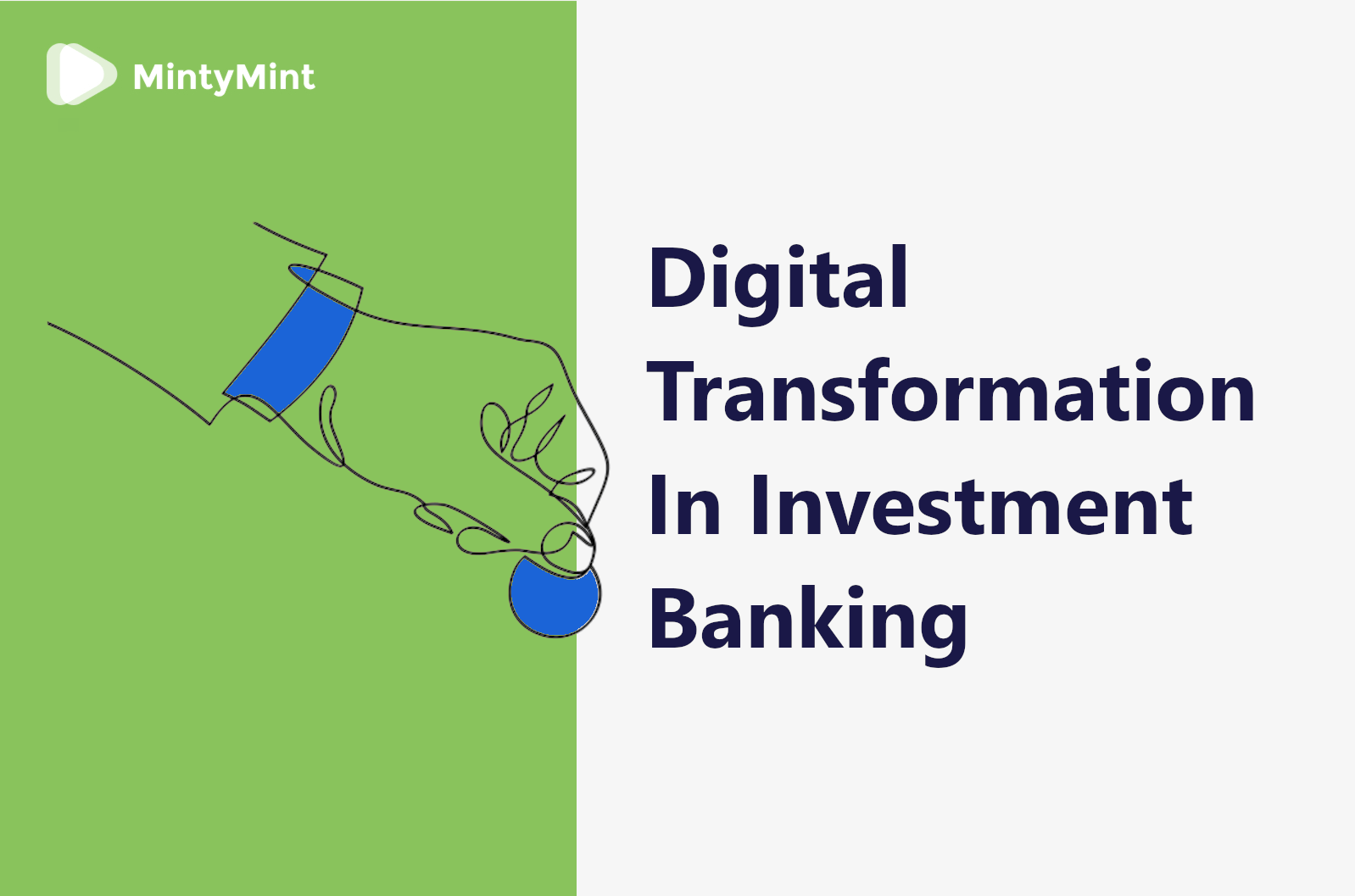Continuing to review digital transformation trends across industries, it’s time to take a closer look at an indispensable sphere of commercial human activity like transportation and logistics.
The state of digitization in logistics
More than half of logistics management believe in reviewing operational models to stay relevant as the world is shifting to a digital-first, remote-based realm where less and less trade is conducted in person
At that, the global online shopping boom has grown even more since the introduction of quarantines last Spring. All of this creates an increased demand for appropriate tech solutions in the logistics industry.
Technology trends in the logistics industry
The three main technology trends are fueling digital transformation in logistics and supply management right now. Those are IoT, AI, and Blockchain.
Let’s look into each one in particular.
1. Internet of Things in logistics
One of the main technologies pushing digital transformation in logistics is the Internet of Things, aka telematics.
Supply management implies moving a ton of orders around countless locations every day. Making such a process effective, it makes a lot of sense to connect items, vehicles, and personnel into a mesh of trackable data, creating a completely coherent network.
To do this, the following tech solutions are adopted right now:
Autonomous package delivery
- Drones
Drone delivery is gaining momentum among retail and eCommerce businesses. Drones facilitate same-day delivery to poorly accessible areas and traffic-clogged locations, saving the day when the traditional delivery options simply don’t work.
- Driverless Trucks
Over 65% of global goods transportation runs on trucks. Driverless vehicles help to reduce costs associated with vehicle maintenance, personnel employment, and road accidents. In fact, automated truck delivery can save transportation companies as much as 45% of operational budgets.
Smart warehouses
IoT-based WMSs (warehouse management systems) monitor warehouse goods on an item level. They can help companies boost order-placement efficiency through precise inventory monitoring and automated goods management.
Digital wearables
Adopting trackable wearable devices for employees in logistics can help supply chain management monitor and oversee the delivery process with higher accuracy. Meanwhile, it facilitates hands-free workflow for the personnel, boosting their work efficiency.
2. Artificial Intelligence in logistics and supply chain
Transportation relies on analyzing both historical and real-time data, and AI plays an important role in meeting this need.
The aforementioned mesh of connected devices generates a ton of data, which only AI can effectively comb through. This, in turn, allows businesses to determine efficiency issues and find appropriate solutions.
Technology-wise, here’s how the logistics industry can benefit from adopting AI tech:
Inventory forecasting software
Although still in the development stages, intelligent demand forecasting solutions are already outdoing traditional methods, allowing to predict future product demand and keep the supply in check.
Smart shipping and tracking
AI can help logistics companies optimize shipping and cut associated costs by analyzing real-time data on shortest routes and traffic jams, as well as availability of staff and vehicles / drones.
Workflow automation
AI-backed workflow automation and robotization of the workplaces is one more way intelligent software can bump up processing capacities and improve daily operation in supply management.
3. Blockchain in logistics
A distributed ledger can be extremely useful in logistics and supply chain management.
On one hand, Blockchain allows to securely store operational data about the origin and location of goods, transportation conditions, expiration date, etc., and use self-executing smart contracts to automate trade. On the other hand, it provides bullet-proof security, making Blockchain-based products virtually impenetrable.
You could say it’s a “buy one get one free” type of technology.
Challenges in the logistics industry
Digital transformation in logistics and supply chain management is facing several obstacles on the way to a brighter, automated future.
Those are:
– Insufficient IT expertise
Some 40% of top management in logistics blame unsuccessful business transformation on the lack of appropriate IT training and skills. In fact, most of them consider engaging third-party services and outsourced talent to close the expertise gap. Such a lack of specialists within the niche causes poor technology processes across the entire industry.
– Slow technology adoption
While every second supply chain management company runs on legacy software, a quarter of all industry businesses don’t have a digital transformation strategy whatsoever. More so, only one out of five industry executives is leveraging operational data to improve workflows. This makes companies operate in “good old” and often inefficient ways.
– Outdated IT solutions
Apart from the ominous human factor, the very technology imperfection often slows down digital transformation in logistics. Like that, connectivity issues and security holes across the supply chain, as well as imperfect delivery tech are some of the main pain points in the sector, causing billions in financial losses.
– Data security
Another major pain point for both companies and service consumers in logistics is security and reliability of software systems.
Custom logistics software development
Given the huge demand for niche software on the market, it is rather lucrative to invest in these kinds of solutions right now.
Here’s a list of the main directions to pick when thinking about niche product development for the transportation industry:
- Inventory and order tracking
- Smart warehousing
- Routing (mapping) and shipment optimization
- Autonomous transportation
- Drop-shipping and same-day delivery
- Transport cost optimization
The future of the logistics industry
The logistics industry is evolving rapidly on all levels, with AI, Blockchain, and IoT fueling the process. While a lot has been achieved in this direction already, the transformation is still happening. This creates a wide pool of opportunities to seize and leverage both business-wise and in terms of technology development.
Want to learn more about IT product development in logistics? Contact us to get all the answers!



















